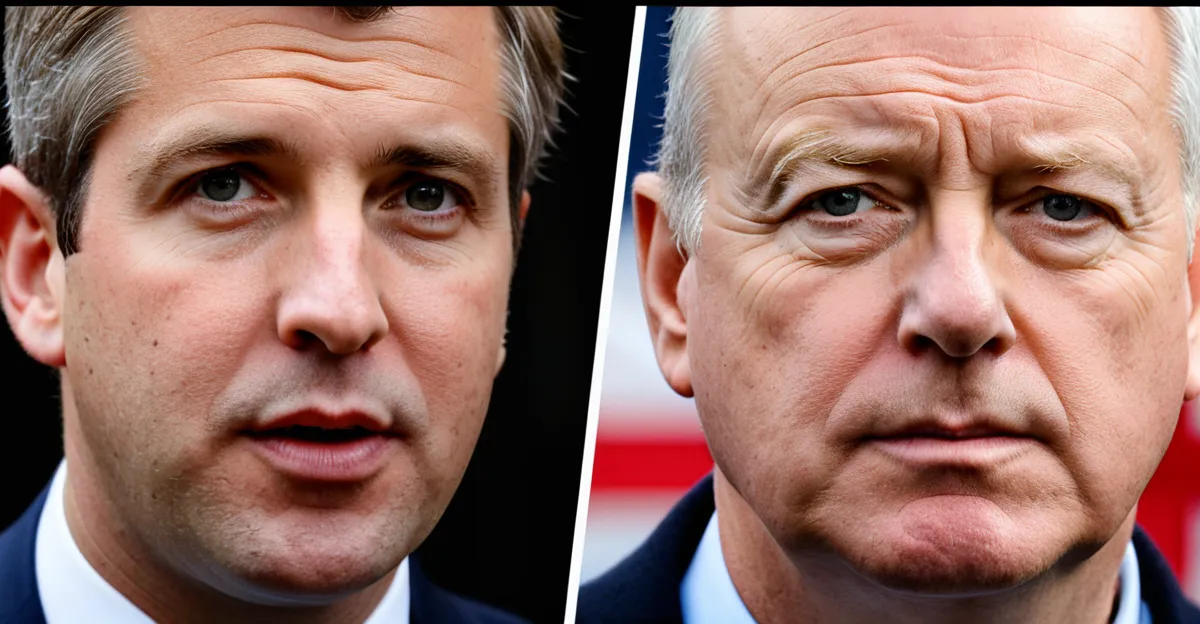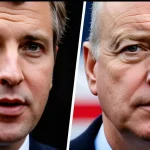Immediate Impact of Recent Political Developments
Recent UK political events over the past 12 to 24 months have sparked notable shifts. Key occurrences include leadership changes within major parties and debates surrounding post-Brexit policies. These events intensified scrutiny of UK government policies, especially those addressing economic recovery and immigration reform.
Political leaders swiftly responded, with party heads emphasizing stability and continuity to reassure the public. Media coverage often reflected polarized views, contributing to fluctuating public opinion. Polls indicate a cautious electorate, wary of government promises but hopeful for effective policy execution.
Additional reading : What Are the Current Challenges Facing the UK Press Today?
Short-term effects on government stability have been apparent. Cabinet reshuffles and internal party disputes occasionally challenged the coherence of the ruling administration. These dynamics have affected public trust, which remains fragile amid ongoing Brexit consequences and economic uncertainty. The intersection of political maneuvering and policy decisions has heightened demands for transparent governance.
Understanding these developments is essential for anticipating the trajectory of UK governance. They highlight how recent UK political events intertwine with ongoing Brexit consequences, shaping both immediate political reactions and the evolving landscape of UK government policies.
Have you seen this : How is the UK supporting digital literacy in schools?
Economic Implications of Political Shifts
Recent UK political events have exerted significant influence on the UK economy, shaping business confidence and investment decisions. Uncertainty surrounding post-Brexit trade agreements and government policy changes has made economic forecasts more cautious. Companies often delay investments amid unclear regulatory environments, highlighting the direct connection between political stability and economic health.
The policy impact of shifting UK government policies manifests notably in trade relations. Adjustments to tariffs and border controls, in response to Brexit consequences, have complicated supply chains. Industries dependent on smooth trading routes now face increased costs and delays, dampening growth prospects. Conversely, sectors agile enough to adapt have found new export opportunities outside traditional European markets.
Economic fallout from political shifts also affects labor markets and consumer spending. As public trust oscillates with political developments, consumer confidence wavers, further influencing economic activity. Government measures targeting economic recovery have had mixed success, reflecting the broader challenges posed by political flux. Understanding these dynamics is essential to comprehending how recent political changes reshape the UK’s economic landscape.
Social Consequences and Public Sentiment
Recent UK political events have significantly shaped social change in the UK, influencing public opinion and highlighting demands for responsive policy reforms. Political decisions around immigration, healthcare, and education have prompted evolving attitudes, reflecting a public increasingly concerned with fairness and equality. For instance, welfare adjustments in response to economic pressures have resulted in both support and criticism within communities.
Public services have faced strain, as resource allocations shift amid changing priorities linked to UK government policies. This has affected access and quality, especially in underfunded regions, feeding into broader social discourse on government responsibility. Immigration debates, intensified by Brexit consequences, reveal regional disparities—urban areas tend to express more openness, while some rural locales show heightened apprehension.
Social impact varies across the UK, with Wales and Scotland often pursuing distinct approaches compared to England, further complicating uniform policy implementation. Understanding these social dynamics is vital, as public sentiment directly influences policymaking and political stability. The interplay between social change and political decisions underscores the necessity for inclusive policies that address diverse community needs while adapting to ongoing challenges faced nationwide.









